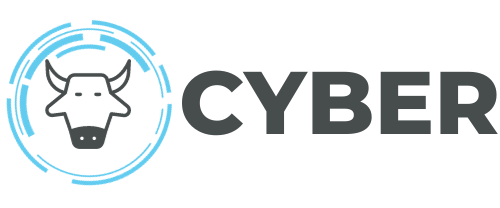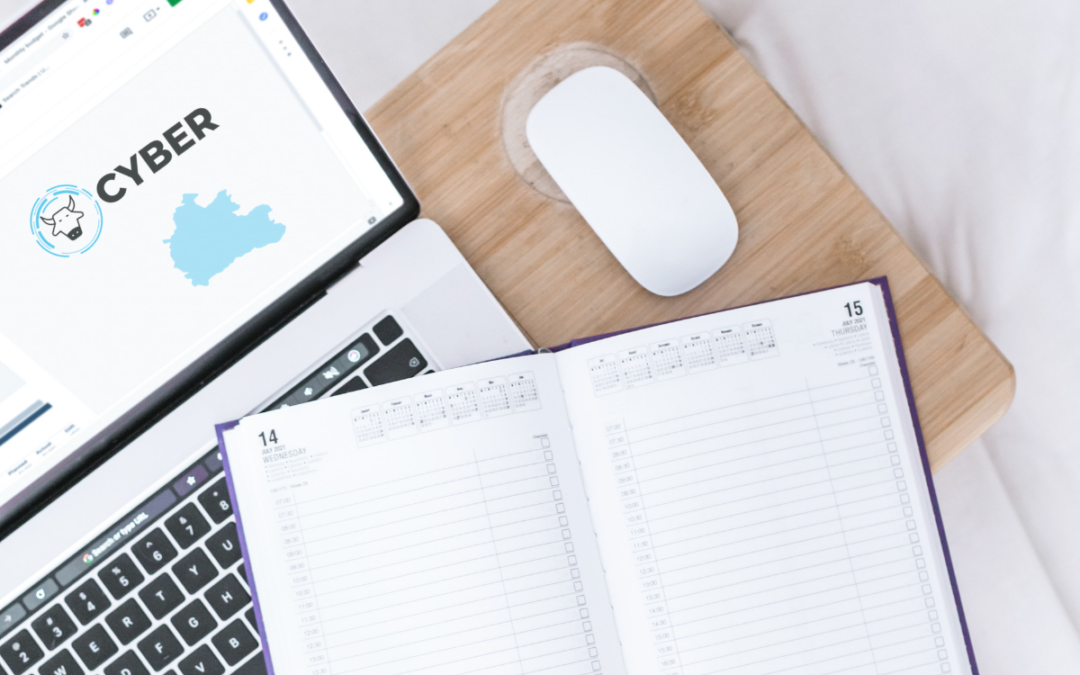The rise of remote work in Thames Valley has redefined the traditional office environment. While flexibility and productivity soar, so too do cybersecurity concerns. Unsecured home networks, increased reliance on personal devices, and potential human error vulnerabilities create a fertile ground for cyberattacks. Phishing emails, malware-laden downloads, and data breaches pose a real threat to sensitive information and business continuity.
However, proactive measures can significantly mitigate these risks. Implementing robust security practices is crucial:
- Strengthen Access Control: Multi-factor authentication, strong passwords, and secure remote access protocols act as the first line of defense against unauthorised access.
- Data Encryption: Encrypting sensitive data at rest and in transit minimises the impact of potential breaches and ensures confidentiality.
- Endpoint Security: Deploying effective anti-virus and anti-malware software on all devices protects against malicious code and emerging threats.
- Security Awareness Training: Educating employees about phishing scams, social engineering tactics, and secure browsing habits fosters a culture of cybersecurity awareness.
- Network Segmentation: Segmenting your network restricts lateral movement within your infrastructure, limiting the impact of potential breaches.
- Vulnerability Management: Regularly patching software vulnerabilities and monitoring known exploits minimises attack vectors.
Collaboration and open communication are also key. Encouraging employees to report suspicious activity creates a vigilant security culture and enables prompt response to emerging threats. Moreover, sharing best practices and conducting regular security assessments foster continuous improvement.
By diligently implementing these measures and fostering a collaborative cybersecurity culture, Thames Valley’s remote work revolution can flourish without compromising on data security. This proactive approach ensures business continuity, protects sensitive information, and fosters a secure digital environment for innovation and growth.

